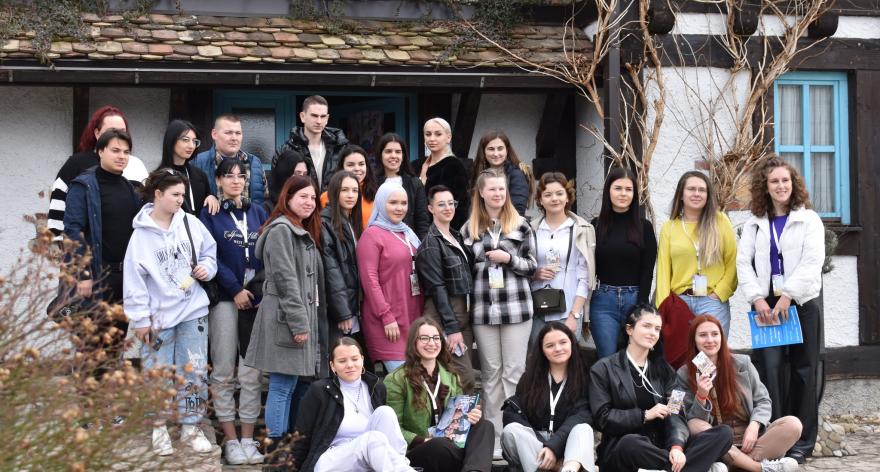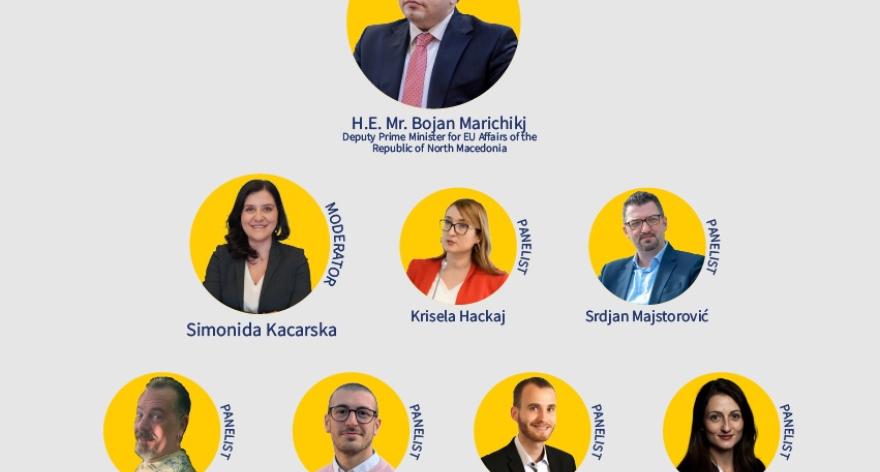Peace Academy Foundation
- Democracy and community development
Our mission is to help construct and affirm a culture of peace in all social spheres by exchange of theoretical and practical knowledge, skills, and experiences; development of existing and creation of new theoretical models for peace work; education for everyone who is active or wishes to be active in the field of peace work; and fostering connections between actors relevant for peace-building and promotion of peace work.
Our overall objective is infrastructure for continuous synergistic development of a culture of peace in the region. Our immediate objectives are increase of levels of knowledge/skills of associates/alumni demonstrated through the number of projects (individual, organizational, network-based) as a direct consequence of participation in PAF activities and increasing the number of beneficiaries reached by the projects.
Our key activities are:
- PYPA – the central 10-day annual event is organized every year. Each is organized with 3 courses led by renowned experts from peace-building and related fields.
- Follow up on the peacebuilders’ activities in their communities.
- Promotion of the importance of peace education.
- Improvement and maintenance of the Moodle platform as a regular web-based communication and support tool for PAF associates and/or alumni.
- On-line library which contains collected (open source) texts and other types of media materials relevant to peace-building.
- Translating and publishing a number of the most crucial books from the field of peace-building into B/C/S.
- Sub-grants for (small scale) peace-building activities and projects available to PAF associates.
- Improving the PAF web site as the main source of information on the PAF and other peace-building initiatives.
- PAF is included in research projects.
PAF can be an excellent partner for all organizations in the network and can contribute to the development of culture of peace through partnerships with some of them.
We would like to join ALF Network because of similarities between PAF's and ALF's missions and also because PAF's projects include all of the above mentioned ALF's action fields.


